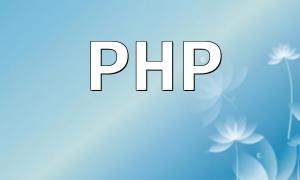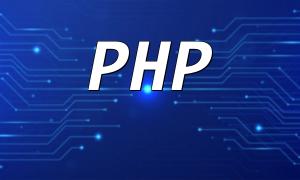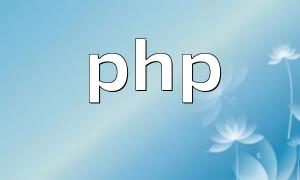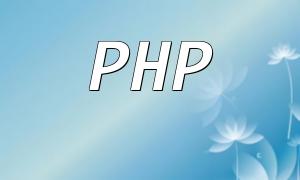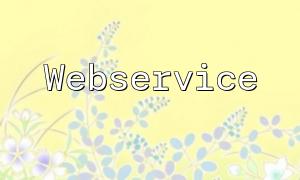Using JSP (JavaServer Pages) and PHP (Hypertext Preprocessor) to develop Facebook apps not only enhances user experience but also provides effective marketing channels for businesses. This article shares practical tips for the development process, combined with best practices for search engine optimization to improve visibility on Google.
Before starting development, selecting the right environment is crucial. Ensure your server supports both JSP and PHP. It is recommended to use Apache or Nginx as the web server and configure Tomcat to support JSP. This setup effectively improves request handling and application responsiveness.
By leveraging Facebook’s Graph API, developers can access rich user social data and activity information. When integrating the API, make sure permission settings are correct and access tokens are managed properly to protect user privacy and data security.
Data exchange between JSP and PHP is key in many projects. This can typically be achieved through HTTP requests, using AJAX to call PHP scripts for backend processing, while JSP handles the frontend display.
$ .ajax({
url: 'your_php_script.php',
type: 'POST',
data: { key: value },
success: function(response) {
$('#result').html(response);
}
});Code optimization is essential when developing Facebook applications. Employing caching strategies like Memcached or Redis can significantly reduce database query load, accelerate page loading times, and enhance overall response efficiency.
User experience directly affects app traffic and retention. Design with a clean, intuitive interface and responsive layout to ensure compatibility on mobile devices, while optimizing loading speed. Techniques such as CSS sprites and image compression can effectively boost page performance and user satisfaction.
After publishing your app, prioritize search engine optimization. Properly configure app names, descriptions, and URLs with keywords like “Facebook app development” and “JSP and PHP” to improve Google rankings. Regularly update content and build high-quality external links to further enhance SEO effectiveness.
Combining JSP and PHP for Facebook app development offers developers rich functionality and flexibility. By optimizing the development environment, integrating Facebook API efficiently, improving code performance and user experience, and applying sound SEO strategies, developers can create more attractive and practical social media applications that support business success.
